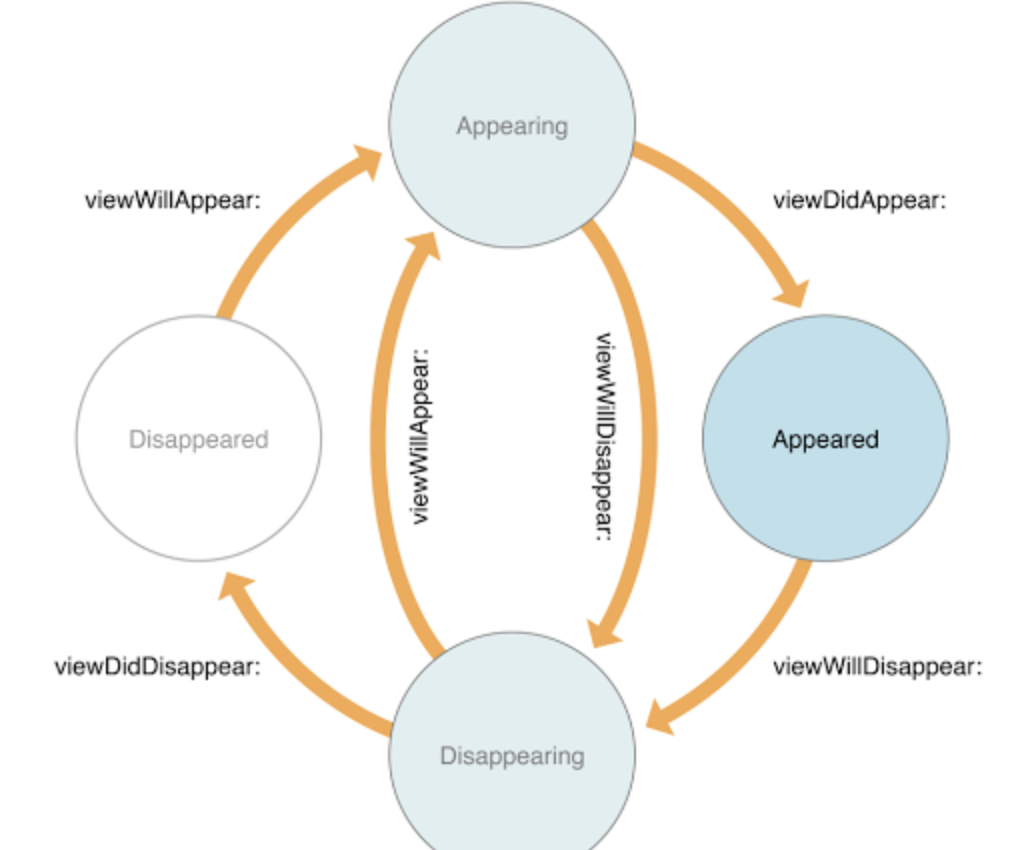I was able to accomplish this in the event that we are simply setting root pages...
import {Component, ViewChild, Injector} from '@angular/core';
import {Platform, MenuController, Nav, App, IonicApp, NavController} from 'ionic-angular';
import {StatusBar} from '@ionic-native/status-bar';
import {SplashScreen} from '@ionic-native/splash-screen';
import {InvitesPage} from "../pages/invites/invites";
import {RewardsPage} from "../pages/rewards/rewards";
import {ConnectionsPage} from "../pages/connections/connections";
import {MessagesPage} from "../pages/messages/messages";
import {ResourcesPage} from "../pages/resources/resources";
import {SignoutPage} from "../pages/signout/signout";
import {DashboardPage} from "../pages/dashboard/dashboard";
import {AccountPage} from "../pages/account/account";
import {HomePage} from "../pages/home/home";
import {TriviaPage} from "../pages/trivia/trivia";
import {Events} from "ionic-angular/util/events";
@Component({
templateUrl: 'app.html'
})
export class MyApp {
@ViewChild(Nav) nav: NavController;
// make HelloIonicPage the root (or first) page
public rootPage: any; //if logged in, go to dashboard.
public pages: Array<{title: string, component: any}>;
public user: any;
public routeHistory: Array<any>;
constructor(public platform: Platform,
public menu: MenuController,
public statusBar: StatusBar,
public splashScreen: SplashScreen,
private _app: App,
private _ionicApp: IonicApp,
private _menu: MenuController,
protected injector: Injector,
public _events: Events) {
this.initializeApp();
// set our app's pages
this.pages = [
{title: 'My Account', component: AccountPage},
{title: 'Dashboard', component: DashboardPage},
{title: 'Invites', component: InvitesPage},
{title: 'Rewards', component: RewardsPage},
{title: 'Connections', component: ConnectionsPage},
{title: 'Messages', component: MessagesPage},
{title: 'Resources', component: ResourcesPage},
{title: 'Trivia', component: TriviaPage},
{title: 'Sign Out', component: SignoutPage}
];
this.routeHistory = [];
this.user = {firstName: ''};
}
initializeApp() {
this.platform.ready().then(() => {
this._setupBrowserBackButtonBehavior();
let self = this;
if (sessionStorage.getItem('user')) {
this.user = JSON.parse(sessionStorage.getItem('user'));
self.rootPage = TriviaPage;
} else {
self.rootPage = HomePage;
}
this.routeHistory.push(self.rootPage);
// Okay, so the platform is ready and our plugins are available.
// Here you can do any higher level native things you might need.
this.statusBar.styleDefault();
this.splashScreen.hide();
});
}
openPage(page) {
// close the menu when clicking a link from the menu
this.menu.close();
// navigate to the new page if it is not the current page
this.nav.setRoot(page.component);
//store route history
this.routeHistory.push(page.component);
}
private _setupBrowserBackButtonBehavior() {
// Register browser back button action(s)
window.onpopstate = (evt) => {
// Close menu if open
if (this._menu.isOpen()) {
this._menu.close();
return;
}
// Close any active modals or overlays
let activePortal = this._ionicApp._loadingPortal.getActive() ||
this._ionicApp._modalPortal.getActive() ||
this._ionicApp._toastPortal.getActive() ||
this._ionicApp._overlayPortal.getActive();
if (activePortal) {
activePortal.dismiss();
return;
}
if (this.routeHistory.length > 1) {
this.routeHistory.pop();
this.nav.setRoot(this.routeHistory[this.routeHistory.length - 1]);
}
};
// Fake browser history on each view enter
this._app.viewDidEnter.subscribe((app) => {
if (this.routeHistory.length > 1) {
history.pushState(null, null, "");
}
});
}
}

